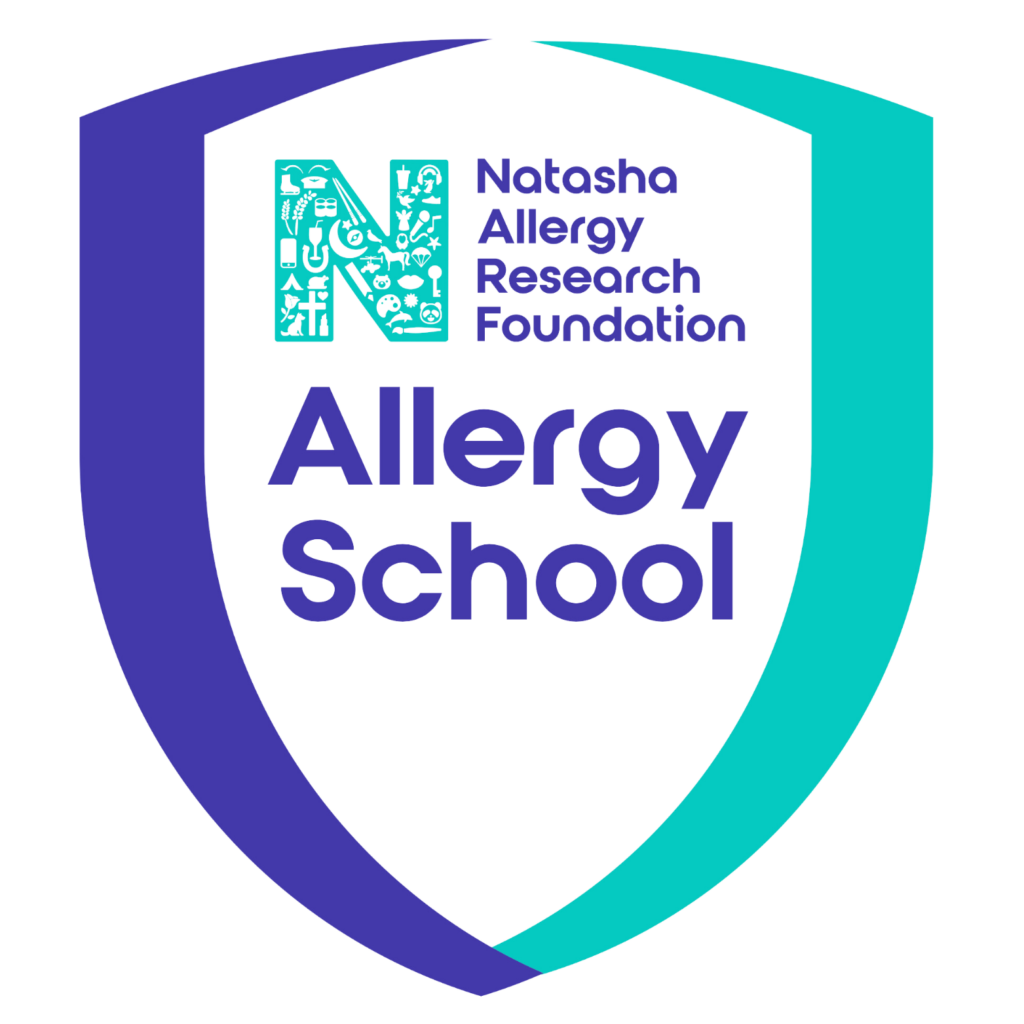Allergy School offers nurseries, primary schools and out-of-school clubs and groups access to free, high-quality resources about food allergies, that have been developed in partnership with education advisers and allergy experts.
As a school governor/senior leader, it is your responsibility to keep all children safe, and the Allergy School resources will enable you to support your staff and governing board to be food allergy aware, mitigate risk and provide an inclusive learning environment.
You can access a free Self-Assessment tool kit to see how food allergy-inclusive you are, and apply for an Allergy School certificate to share on your website highlighting your commitment to being food allergy-friendly.
Schools need to do more to support those with food allergies because there are now around two children in every classroom with a food allergy. Yet, according to an NASUWT survey, 67 per cent of teachers have had no allergy awareness training, one in five has never been taught how to administer an adrenaline auto-injector which could save a life in a food allergy emergency, and almost two-thirds (60%) don’t know or are unsure if their school even has an allergy policy.

